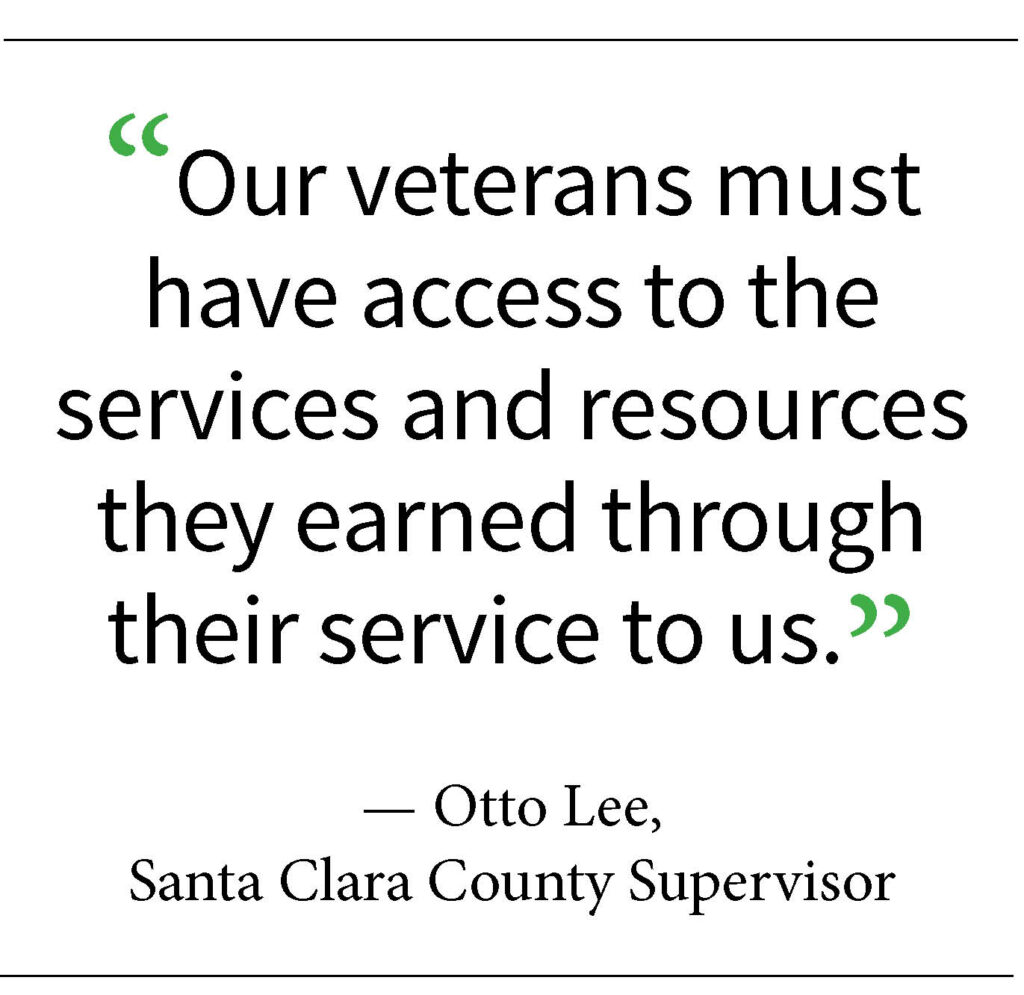Bill can also help lower costs to taxpayers by lowering criminal activity.
![]()
This editorial is the opinion of Morgan Hill Life

Mental health issues among children and young adults in our county have reached crisis levels. Yet too often, health plans deny requests for critical behavioral health services for those 26 and younger. Fortunately, newly introduced state legislation aims to change this unacceptable status quo.
 SB294, co-sponsored by Santa Clara County and Children Now, would trigger an automatic review anytime care is denied for youth, sending claims straight to an independent arbiter. This reform promises immense benefits from improved treatment access to advancement of parity goals.
SB294, co-sponsored by Santa Clara County and Children Now, would trigger an automatic review anytime care is denied for youth, sending claims straight to an independent arbiter. This reform promises immense benefits from improved treatment access to advancement of parity goals.
Santa Clara County Supervisor Joe Simitian, a longtime champion of mental health parity, supports the bill because it will make life better for many young people and their families, including here in the South Valley.
“Mental health issues need to be treated with the same urgency that we provide someone who has a debilitating disease, or a broken bone, or any physical condition that would result in medical attention — with no questions asked,” Simitian said in a press release. “SB 294 will help us reach this important goal.”
 The bill is an advancement of mental health parity goals. It helps put mental health needs on equal footing with physical health needs. This reduces stigma and upholds the idea that mental disorders should be treated and covered equally.
The bill is an advancement of mental health parity goals. It helps put mental health needs on equal footing with physical health needs. This reduces stigma and upholds the idea that mental disorders should be treated and covered equally.
It also provides relief of the burden many families face in having to file appeals and complaints if care is denied for their child. The process is difficult, especially if there are language barriers or lack of familiarity with the healthcare system. SB 294 removes this burden from struggling families.
There are also potential cost savings down the road. If more young people can access care for mental health needs early on, it could prevent issues from escalating and requiring higher levels of care like hospitalization. This is better for both outcomes and long-term costs.
It can also help lower costs to taxpayers by lowering criminal activity. Improving access to mental health care means more people get treatment for disorders early on, before they escalate. This can help reduce self-medication and substance abuse, which are risk factors for criminal involvement.
While the link is complex, multiple studies show connections between lack of accessible behavioral health services and increased crime and incarceration rates. By making services more readily available to young people in need, SB 294 lays crucial groundwork for a society with improved public health and public safety outcomes. It’s a step in the right direction.
The numbers expose the severity of our mental health crisis. More than half of the county’s mental health clients are 26 or younger, while care denials get overturned nearly 70 percent of the time. This underscores the imperative for reform so young people can get timely, lifesaving care.
Untreated mental illness has also contributed to the criminal justice crisis among youth. Studies clearly link lack of accessible services to increased self-medication, violence, and incarceration. By expanding access, SB 294 lays the groundwork for improved public health and safety. Catching issues early also reduces downstream costs like hospitalizations.
However, effective implementation requires planning to avoid unintended consequences. Review capacity and healthcare costs need monitoring, plus anti-fraud measures and parity safeguards for physical illness as well. Access means little without adequate underlying capacity.
The bill aims to fix real and substantial gaps in the system’s ability to care for struggling young people. And the policy’s core principles seem sound. However, smart implementation and continued advocacy around costs, capacity and sustainability will be needed to avoid creating new problems as a consequence. A balanced and carefully monitored approach is key.
 The legislation is in line with the county’s efforts to improve mental health services, said Sherri Terao, director of the county’s Behavioral Health Services Department.
The legislation is in line with the county’s efforts to improve mental health services, said Sherri Terao, director of the county’s Behavioral Health Services Department.
“Removing barriers to mental health services for youth and families is a priority, and this bill will help ensure families have access to life-saving treatment,” she said in a press release.
In the end, SB 294 rights a moral wrong — no child should see their mental health treated differently than their physical health. With smart advocacy to uphold both in spirit and sustainability, it can help an entire generation get the support they need. Our youth’s wellbeing hangs in the balance.






